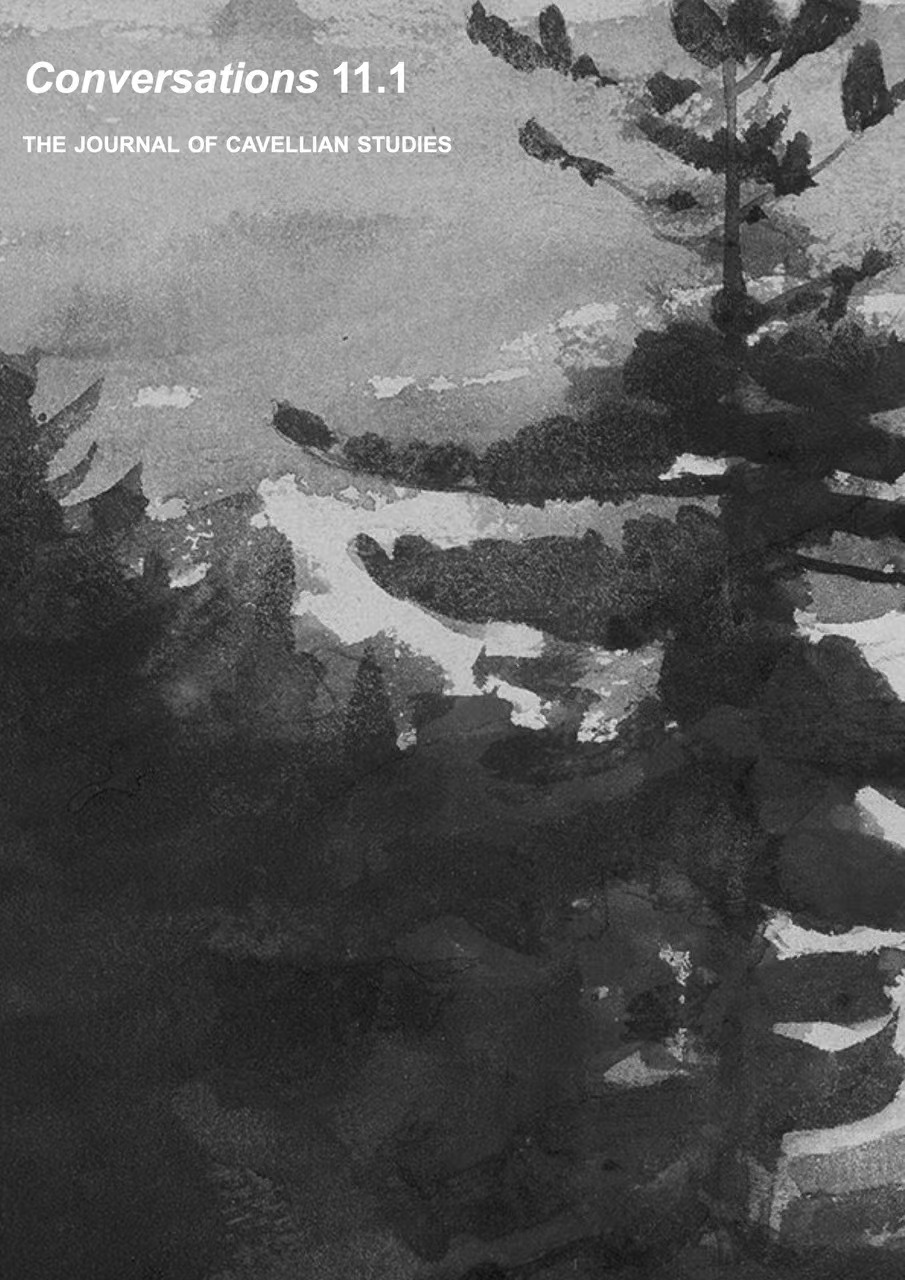Cavell's Critical Afterlives
Abstract
James Helgeson advances that “Cavell can hardly be called a mainstream influence on current literary-critical practice.” Yet Cavell is at once a significant and a marginal figure, currently in the ascendant, perennially out of step. Cavell notes the fact that his work is untimely and freshly resonant by turns, observing that he is somewhat protected from the sense that all that is happening intellectually, or intellectually happening, is the latest eventuality. Being odd, and staying odd, of course has its pains, but surprisingly, even increasingly, its pleasures, even that of remaining, however precariously, contemporary. When the breakers of canons discover that they have themselves become repetitive in their newer authorities, the older, modified out of their old authority, can have another hearing. The intellectual “revolutions” referenced in this quotation span a number of movements in literary studies and philosophy since the late 1960s, and I will look further at Cavell’s relation to these developments, as well as the question of Cavell’s own canon, in the course of this essay.


